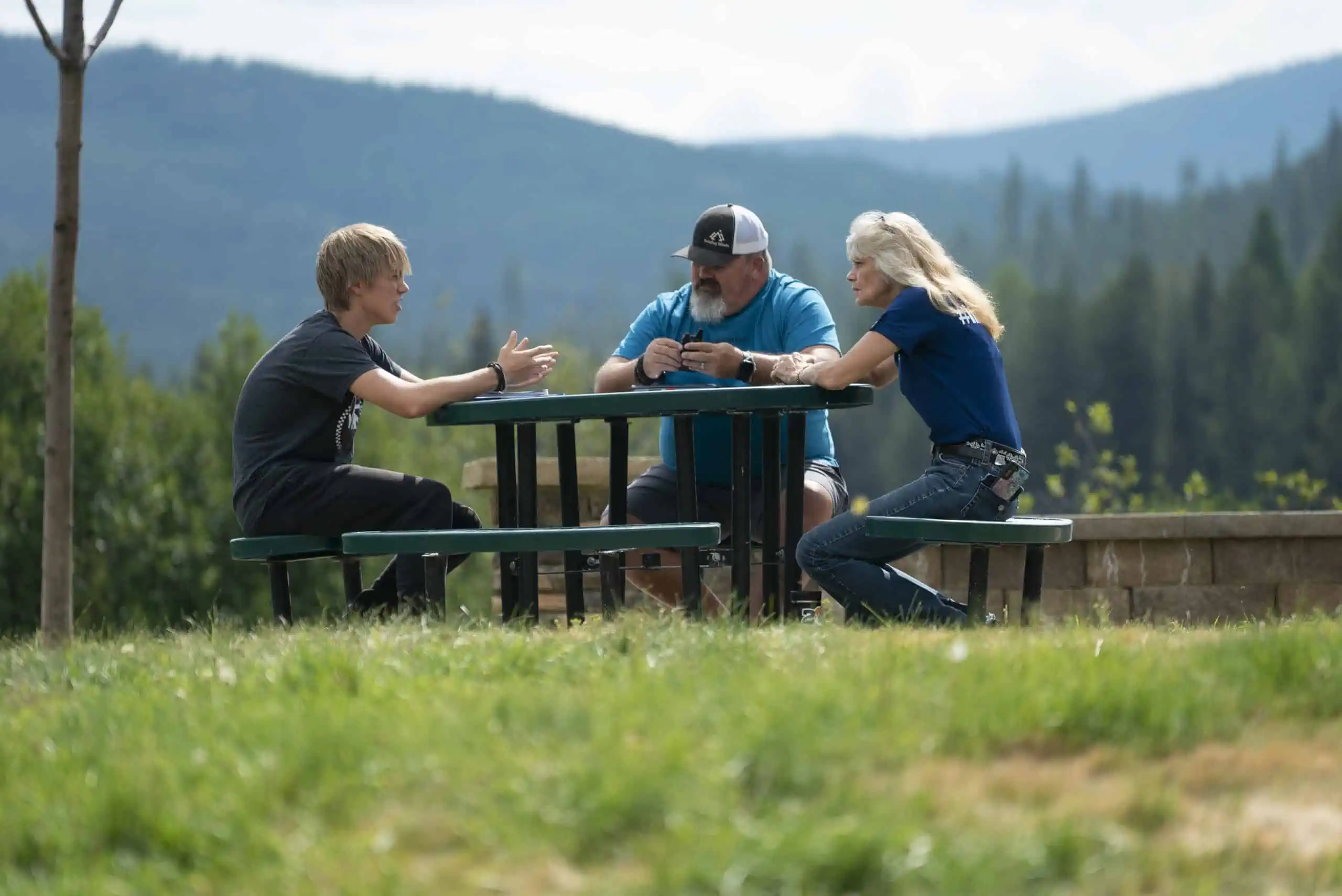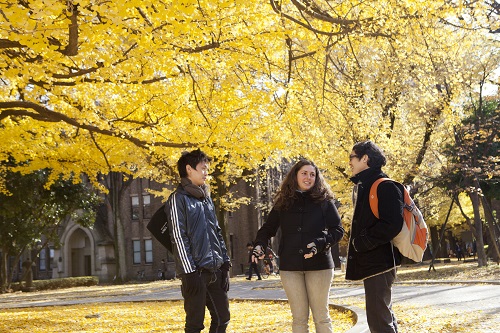Embrace Growth: The Impact of Autism Boarding Schools

Autism boarding schools The journey of understanding and supporting individuals with autism spectrum disorder (ASD) is one that requires empathy, patience, and specialized resources. Autism boarding schools offer a unique and profoundly impactful educational environment tailored to meet the needs of students with autism. These institutions are designed not just to educate but to foster an environment where students can thrive, grow, and reach their full potential. This comprehensive guide explores the transformative impact of autism boarding schools, highlighting their benefits, key features, and how they contribute to the overall development of students with autism.

Understanding Autism Boarding Schools
Autism boarding schools are specialized institutions that provide a structured and supportive environment for students with autism. These schools offer a blend of academic instruction, therapeutic support, and life skills training designed to address the unique challenges and strengths of students with ASD.
Key Features of Autism Boarding Schools
- Customized Educational Programs: Tailored curricula designed to meet the diverse learning needs of students with autism, including individualized learning plans and adaptive teaching methods.
- Therapeutic Support: On-site therapy services, such as speech therapy, occupational therapy, and behavioral therapy, integrated into the daily routine to support students’ developmental needs.
- Structured Environment: A highly structured and predictable environment that helps students with autism navigate their daily routines and manage transitions effectively.
The Benefits of Attending Autism Boarding Schools
1. Tailored Educational Approach
One of the most significant advantages of autism boarding schools is their ability to offer a customized educational experience that addresses the unique learning needs of students with autism.
Individualized Learning Plans
- Personalized Curriculum: Students benefit from a curriculum designed specifically for their learning style and needs. This personalized approach ensures that students engage with material in a way that is meaningful and effective for them.
- Adapted Teaching Methods: Teachers employ a range of instructional strategies tailored to accommodate different learning preferences and abilities, helping students grasp concepts and achieve academic success.
Specialized Academic Programs
- Focused Skill Development: Autism boarding schools often include specialized programs aimed at developing specific skills, such as social communication, executive functioning, and academic competencies.
- Enrichment Opportunities: In addition to core subjects, students may have access to enrichment programs that align with their interests and strengths, such as arts, technology, or sports.
2. Integrated Therapeutic Support
The integration of therapeutic services within autism boarding schools is a key factor in their success. These schools offer comprehensive support that addresses the broader needs of students beyond traditional academic instruction.
Speech and Language Therapy
- Communication Enhancement: Speech and language therapy helps students improve their verbal and non-verbal communication skills, which are crucial for effective social interactions and academic participation.
- Customized Interventions: Therapists work with students to develop tailored interventions that address specific communication challenges, helping them express themselves more clearly and confidently.
Occupational Therapy
- Daily Living Skills: Occupational therapy focuses on developing skills necessary for daily living, such as self-care, organization, and motor coordination. These skills are essential for fostering independence and improving quality of life.
- Sensory Integration: Therapists use sensory integration techniques to help students manage sensory sensitivities and responses, creating a more comfortable and manageable environment.
Behavioral Therapy
- Behavioral Interventions: Behavioral therapy helps address challenging behaviors and reinforce positive behaviors through structured interventions and support. This approach promotes adaptive behavior and social skills development.
- Skill Building: Therapy sessions are designed to build essential life skills, such as problem-solving, emotional regulation, and social interaction, which contribute to overall personal growth.
3. Structured and Predictable Environment
The structured environment of autism boarding schools plays a critical role in helping students with autism thrive. Predictability and routine provide a sense of stability and security, which can significantly reduce anxiety and support effective learning.
Consistent Routines
- Daily Schedules: A consistent daily schedule helps students anticipate and prepare for transitions, reducing stress and enhancing their ability to focus on learning.
- Visual Supports: Many schools use visual schedules and cues to reinforce routines and expectations, providing clear and tangible reminders of daily activities and tasks.
Supportive Community
- Inclusive Atmosphere: Autism boarding schools foster a supportive community where students with autism can build meaningful relationships and engage in social activities that promote a sense of belonging.
- Peer Interaction: Opportunities for interaction with peers who understand and respect their differences contribute to social development and emotional well-being.
4. Life Skills Development
Beyond academic and therapeutic support, autism boarding schools place a strong emphasis on developing essential life skills that prepare students for independence and success in adulthood.
Practical Life Skills
- Self-Care: Students learn practical self-care skills, such as personal hygiene, meal preparation, and money management, which are crucial for daily living and independence.
- Social Skills: Programs focus on developing social skills, including understanding social cues, practicing appropriate behaviors, and building relationships with peers and adults.
Vocational Training
- Career Exploration: Autism boarding schools often offer vocational training and career exploration opportunities to help students identify their interests and prepare for future employment.
- Work Experience: Some schools provide work experience programs or internships that allow students to gain hands-on experience in various fields, building skills and confidence for the workforce.
Finding the Right Autism Boarding School
1. Researching Schools
Finding the right autism boarding school involves thorough research and consideration of various factors to ensure that the school meets your child’s specific needs and goals.
Online Resources
- Educational Directories: Use online directories and databases to find information about autism boarding schools. These resources often include details about the schools’ programs, services, and admissions.
- School Websites: Visit the websites of potential schools to learn more about their offerings, mission, and approach to education and therapy.
Recommendations and Referrals
- Professional Advice: Seek recommendations from healthcare professionals, therapists, or educational consultants who may have insights into reputable autism boarding schools.
- Parent Networks: Connect with other families who have experience with autism boarding schools to gain first-hand insights and recommendations.
2. Evaluating School Fit
Once you have identified potential schools, evaluate how well they align with your child’s needs and preferences.
Academic and Therapeutic Programs
- Curriculum and Services: Review the school’s curriculum and therapeutic services to ensure they align with your child’s educational and developmental needs.
- Program Focus: Consider whether the school’s programs focus on areas that are important for your child’s growth, such as social skills, communication, or vocational training.
Campus Environment
- Campus Visits: If possible, visit the campuses of the schools you are considering. Observe the environment, interact with staff, and get a sense of the school’s atmosphere and community.
- School Culture: Evaluate whether the school’s culture and values align with your family’s expectations and whether the environment feels supportive and welcoming.
3. Admission Process
The admission process for autism boarding schools may vary, so it is important to understand the requirements and steps involved.
Application Requirements
- Documentation: Prepare the necessary documentation for the application, including educational records, assessments, and personal statements. Each school may have specific requirements, so follow their guidelines closely.
- Interviews and Assessments: Some schools may require interviews or assessments as part of the admission process. Be prepared for these assessments and ensure your child is ready to showcase their strengths and potential.
Financial Considerations
- Tuition and Fees: Review the tuition costs and any additional fees associated with the school. Ensure that you are aware of the total cost of attendance and any financial aid options that may be available.
- Funding Sources: Research how the school is funded and whether there are any requirements or conditions associated with receiving financial assistance or support.
Autism boarding schools
The impact of autism boarding schools is profound and far-reaching, providing students with autism the opportunity to thrive in a supportive, structured, and nurturing environment. These schools offer a customized educational approach, integrated therapeutic support, and a focus on life skills development that can significantly enhance students’ academic success and personal growth. By carefully researching and evaluating potential schools, families can find the right fit that aligns with their child’s needs and aspirations. Embracing the opportunities provided by autism boarding schools can pave the way for a brighter future, fostering growth, independence, and a fulfilling educational experience.







